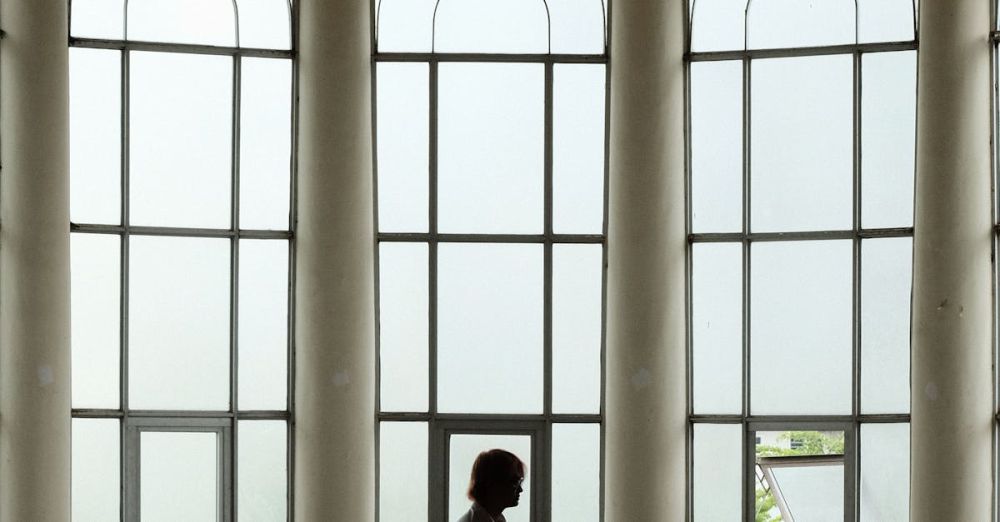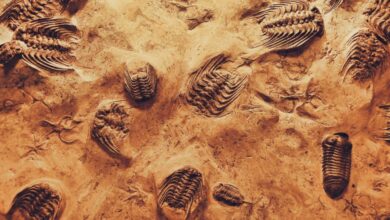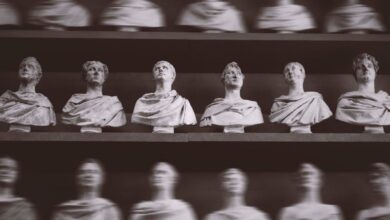How Do You Learn Local History at Historical Museums
Historical museums serve as portals to the past, offering a wealth of knowledge about local culture, events, and people. They are more than just collections of artifacts; they are narrative spaces where the stories of communities unfold. By exploring these venues, you can immerse yourself in the rich tapestry of your area’s heritage. Learning local history through historical museums can be an enlightening experience, filled with discovery and engagement.
Engaging with Exhibitions
One of the most effective ways to learn local history at a historical museum is by engaging with its exhibitions. Museums typically curate displays that highlight significant events, notable figures, and cultural milestones unique to the region. These exhibitions often use a combination of artifacts, multimedia presentations, and written narratives to create an engaging experience.
When you walk through a well-designed exhibit, you can visualize the historical context—perhaps seeing the tools that early settlers used or photographs depicting pivotal moments in the community’s development. Take your time to read the descriptions, watch any videos, and listen to audio guides. Each piece contributes to a greater understanding of how the past shapes the present.
Participating in Guided Tours
Many historical museums offer guided tours led by knowledgeable staff or volunteers. These tours provide an excellent opportunity to delve deeper into local history. A skilled guide can bring stories to life, sharing anecdotes and insights that you might not glean from reading placards alone.
During a tour, you can ask questions, engage in discussions, and gain a multi-dimensional view of the exhibits. Often, guides will share lesser-known facts or local legends that add richness to the experience. Make sure to check the museum’s schedule for planned tours, as they can be a highlight of your visit.
Taking Part in Workshops and Events
Historical museums frequently host workshops, lectures, and special events that focus on local history. These programs can range from hands-on activities, like crafting traditional items, to lectures featuring local historians. Participating in these events allows you to engage with history in a more interactive way, which can deepen your understanding and appreciation.
For example, a workshop on local Indigenous crafts can illuminate the traditions and techniques passed down through generations. Similarly, lectures on key historical figures or events can provide context and provoke thought, encouraging you to explore further. Keep an eye on the museum’s calendar to find events that might pique your interest.
Utilizing Research Resources
Many historical museums house extensive archives and libraries that are invaluable for learning local history. These resources often include documents, photographs, maps, and primary sources that researchers and history buffs can access. If you’re interested in a specific topic, such as genealogy or the history of a particular neighborhood, these resources can be instrumental in your research.
Don’t hesitate to ask museum staff for assistance in locating materials. They are typically well-versed in the museum’s collections and can guide you to relevant resources. Additionally, many museums have digital archives accessible online, allowing you to start your research from the comfort of home.
Connecting with the Community
Historical museums often serve as community hubs, fostering connections among local residents. Engaging with fellow visitors can enhance your learning experience. Conversations with others who share your interest in local history can lead to valuable insights and recommendations for further exploration.
Look for opportunities to join community discussions or volunteer programs hosted by the museum. These initiatives not only enrich your understanding of local history but also allow you to contribute to preserving it. By becoming involved, you create a personal connection to the past while forming bonds with others who are equally passionate.
Uncovering a Deeper Understanding
As you explore historical museums, remember that learning local history is a journey rather than a destination. Each visit offers new insights, and every artifact carries a story ripe for discovery. By engaging with exhibitions, participating in tours and events, utilizing research resources, and connecting with the community, you not only learn about the past—you become a part of it. Embrace the opportunity to immerse yourself in local history, and you may find that it shapes your understanding of the present and future in unexpected ways.







